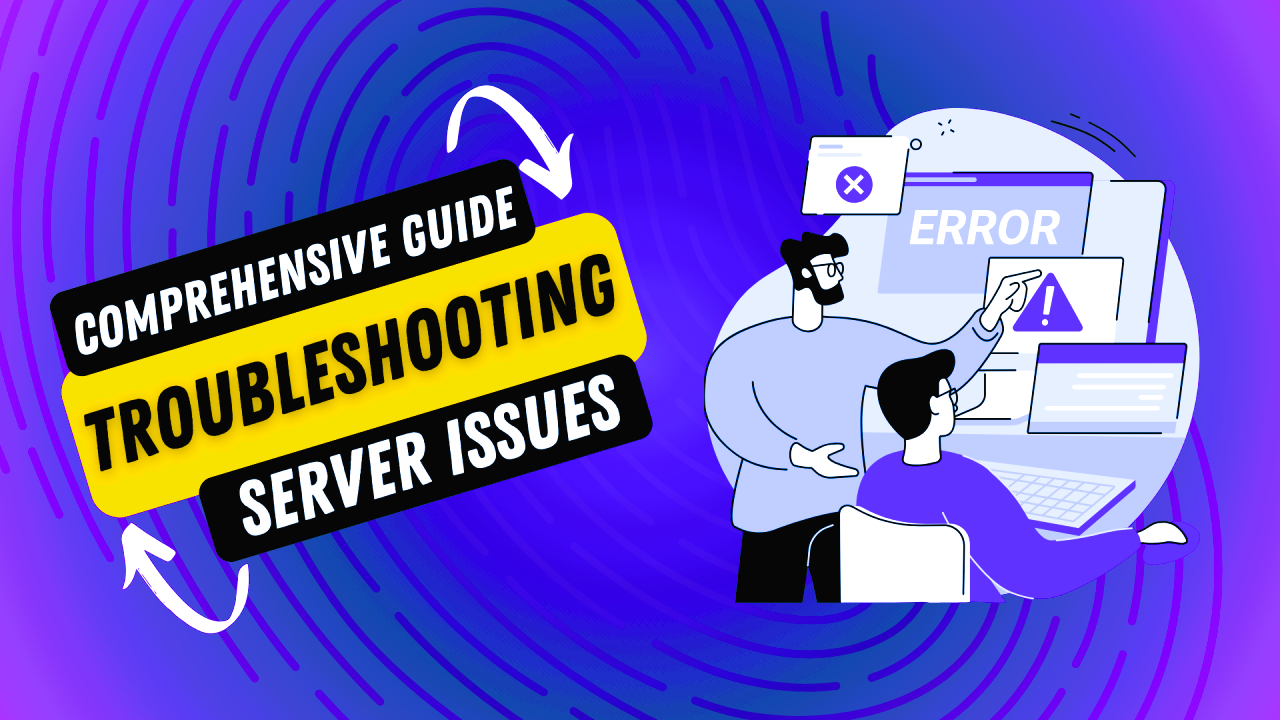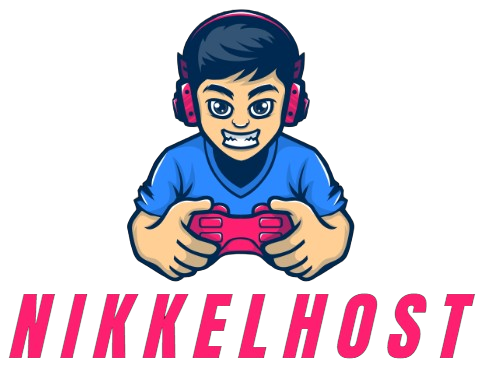
Overcoming Challenges: Tips for Troubleshooting Common Game Hosting Issues
Game hosting is a complex endeavor that requires a seamless interplay of hardware, software, and networking components. While game hosting providers strive to deliver optimal performance, various challenges can arise, impacting the gaming experience for players. This article delves into common game hosting issues and provides valuable tips for troubleshooting and resolving them effectively.
1. Latency and Lag:
Issue:
- Latency and lag are perennial challenges in online gaming, affecting the responsiveness of gameplay and causing frustration among players.
Troubleshooting Tips:
- Server Location Optimization:
- Ensure that game servers are strategically located to minimize physical distance between players and the server. This reduces latency and enhances the overall gaming experience.
- Network Analysis:
- Conduct thorough network analysis to identify and address bottlenecks. Optimize routing, reduce packet loss, and consider the implementation of Content Delivery Networks (CDNs) for efficient content delivery.
- Bandwidth Management:
- Implement effective bandwidth management to prevent network congestion. Prioritize gaming traffic over non-essential data to maintain low-latency connections.
2. Distributed Denial of Service (DDoS) Attacks:

Issue:
- DDoS attacks can disrupt game hosting services, leading to downtime, latency spikes, and compromised server stability.
Troubleshooting Tips:
- Traffic Filtering and Mitigation:
- Employ robust traffic filtering and DDoS mitigation tools to identify and divert malicious traffic away from the game servers.
- Redundancy Planning:
- Implement redundancy and failover mechanisms to distribute the impact of a potential DDoS attack across multiple servers, ensuring continuity of service.
- Collaboration with DDoS Protection Services:
- Collaborate with specialized DDoS protection services that can offer real-time monitoring and mitigation support during attacks. Read more about game hosting for developers here.
3. Server Overload During Peak Times:
Issue:
- Popular games often experience server overload during peak times, leading to degraded performance or service interruptions.
Troubleshooting Tips:
- Scalable Infrastructure:
- Invest in scalable hosting infrastructure that can dynamically adjust resources based on fluctuating demand. Cloud-based solutions are particularly well-suited for scalability.
- Load Balancing:
- Implement load balancing to distribute incoming traffic evenly across multiple servers, preventing any single server from becoming overwhelmed.
- Predictive Analytics:
- Utilize predictive analytics to anticipate peak times and proactively allocate resources accordingly, minimizing the risk of server overload.
4. Compatibility Issues:
Issue:
- Compatibility issues can arise when players with different devices, operating systems, or game versions attempt to connect to the same server.
Troubleshooting Tips:
- Compatibility Testing:
- Conduct comprehensive compatibility testing across different devices, operating systems, and game versions to identify potential issues before they impact players.
- Version Management:
- Implement effective version management systems to ensure that all players are using compatible game versions when connecting to the server.
- Communication with Players:
- Establish clear communication channels with players, providing guidance on system requirements, updates, and potential compatibility issues.
Learn more about Compatibility on Fandom
5. Data Security Concerns:

Issue:
- Security breaches and data leaks can compromise player accounts, leading to trust issues and potential legal ramifications.
Troubleshooting Tips:
- Encryption Protocols:
- Implement robust encryption protocols to secure player data during transmission between clients and servers.
- Regular Security Audits:
- Conduct regular security audits to identify vulnerabilities and address them promptly. Engage with cybersecurity experts to enhance the overall security posture.
- Compliance with Data Protection Laws:
- Stay informed about and comply with data protection laws to safeguard player privacy and avoid legal repercussions.
Conclusion
Game hosting issues are inevitable, but proactive troubleshooting and strategic measures can mitigate their impact. Game hosting providers, including NikkelHost, are continually evolving to address these challenges and deliver optimal gaming experiences for players worldwide.
By optimizing server locations, implementing DDoS protection measures, ensuring scalability, addressing compatibility concerns, and prioritizing data security, hosting providers can create a gaming environment that is resilient, responsive, and secure.
At NikkelHost, we are committed to staying at the forefront of game hosting technology, employing best practices to overcome challenges, and providing a gaming experience that exceeds expectations.



